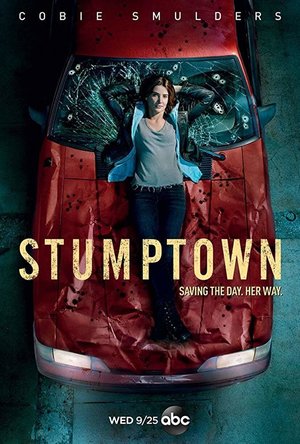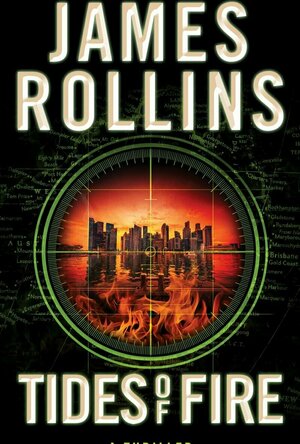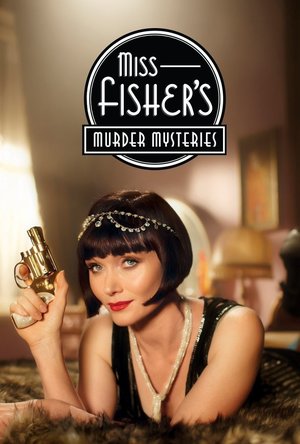
Miss Fisher's Murder Mysteries - Season Two
TV Season
The series is based on author Kerry Greenwood's novels and was created by Deb Cox and Fiona Eagger....
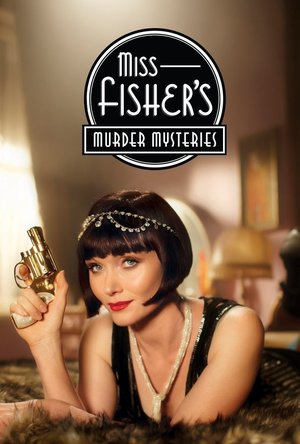
Miss Fisher's Murder Mysteries - Season Three
TV Season
The series is based on author Kerry Greenwood's novels and was created by Deb Cox and Fiona Eagger....

Perfect Mistake (Privilege #3)
Book
MAKE NEW FRIENDS AND KILL THE OLD.... Ariana Osgood has everything she's ever wanted. A place...
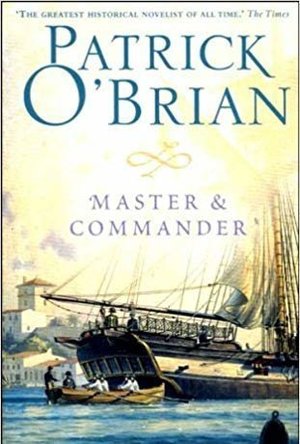
'Master and Commander'
Book
This, the first in the splendid series of Jack Aubrey novels, establishes the friendship between...
Maritime Adventure
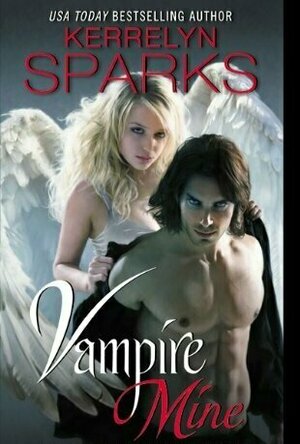
Vampire Mine (Love at Stake, #10)
Book
“Sparks skillfully infuses her writing with a deliciously sharp wit….Wickedly fun.” ...

Behind the Bastards
Podcast
There’s a reason the History Channel has produced hundreds of documentaries about Hitler but only...

One to Die For (Les Petites Morts)
Book
formerly "Here's Blood In Your Eye" PARANORMAL EROTIC SHORT STORY (28 pages/8000 words) - Fame,...
Erotica Short Story Paranormal Romance
David McK (3663 KP) rated Tides of Fire (Sigma Force #17) in Books
May 18, 2025
This time around, the members of Sigma Force - who I would probably best describe as scientists with guns - are in a race against time to understand, and stop, a chain of dormant volcanoes erupting off the coast of Australia: tsunami's, earthquakes, tidal waves, the lot ...
And it's all to do with something buried deep underwater ...
Enjoyable enough if, for me, not the best entry in the series.
Definite cliff-hanger for the next, though!
